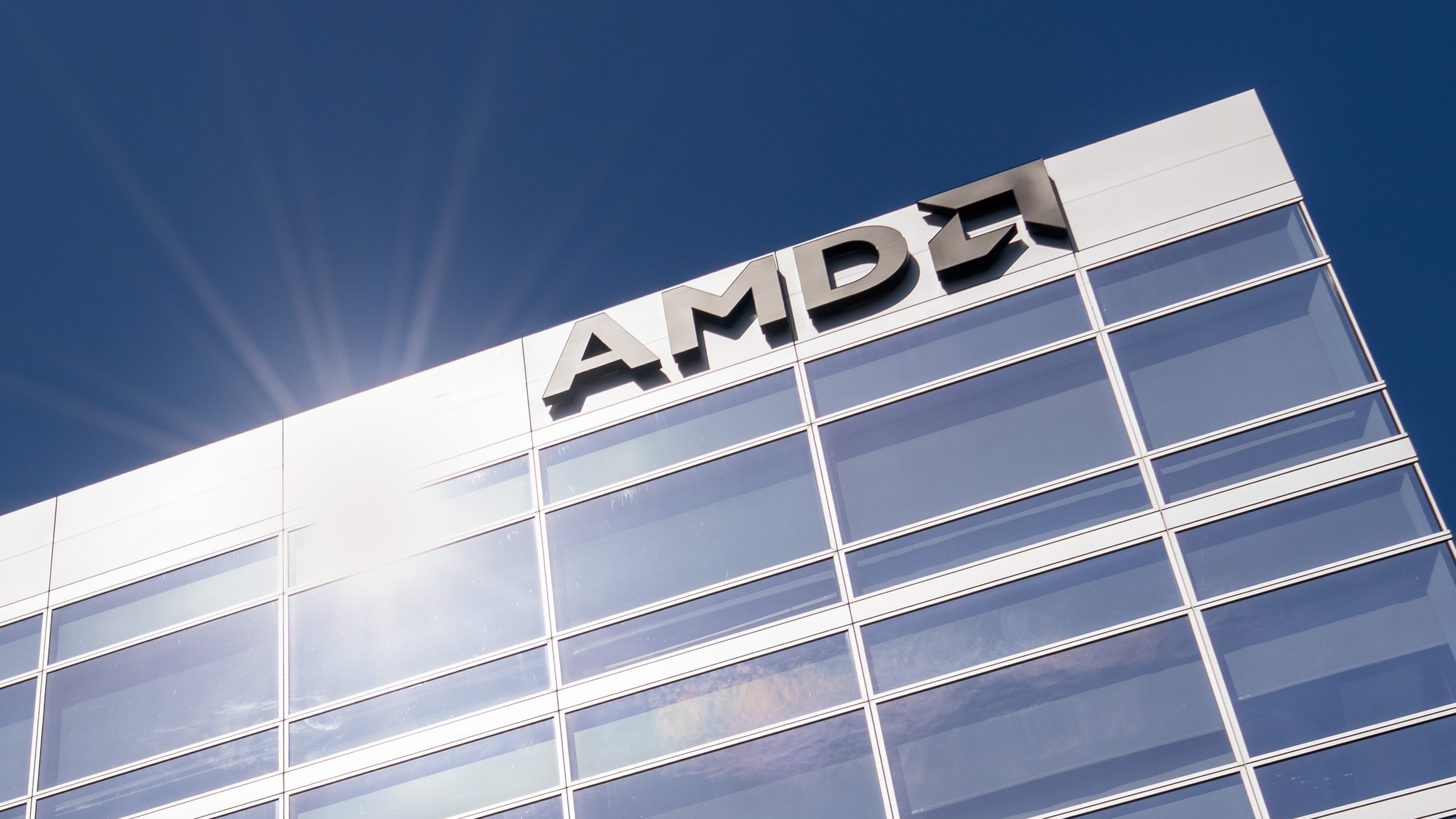AMD's bumper Xilinx deal cleared for completion
Deal is now expected to close on or around Valentine's day

Sign up for breaking news, reviews, opinion, top tech deals, and more.
You are now subscribed
Your newsletter sign-up was successful
Chipmaker AMD is expected to complete its planned $35bn takeover of the semiconductor firm Xilinx early next week now that the deal has received approval from all necessary regulatory authorities.
Now that the mandatory Hart-Scott-Rodino (HSR) Act waiting period has expired in the US, both companies are preparing to finalize their deal with AMD expecting the acquisition to be complete on or around February 14 according to a press release.
Last month the takeover received approval from Chinese regulators while US regulators were reviewing the deal. While authorities in the US could have taken further action, they decided not to and the required waiting period ended on February 9.
The acquisition itself has been in the making for 16 months and and the all-stock transaction was originally valued at $35bn when it was announced. However, in the time since, AMD's stock price has increased by almost 51 percent to reach $125 per share. As a result, the final price tag on the deal has increased by 18bn and it will likely be finalized at around $53bn.
AMD and Xilinx
Once the deal closes, AMD and Xilinx will combine their respective product portfolios to offer customers CPUs, GPUs, FPGAs and adaptive SoCs.
While AMD is known for its CPUs and GPUs, Xilinx specializes in a type of semiconductor called Field Programmable Gate Arrays (FPGAs). Unlike other semiconductors, FPGAs can be altered even after they have been deployed which makes them quite versatile despite the fact that they're often slower than GPUs or CPUs.
By acquiring Xilinx, AMD will be able to expand and improve its businesses in data centers, gaming and PCs as well as across a variety of industries including communications, automotive, industrial, aerospace and defense.
We'll likely hear more from the chip giant once the deal is finalized but expect AMD to ratchet up competition with both Intel and Nvidia in the datacenter market going forward.
- We've also highlighted the best business laptops and the best workstations
Via AnandTech
Sign up to the TechRadar Pro newsletter to get all the top news, opinion, features and guidance your business needs to succeed!
After working with the TechRadar Pro team for the last several years, Anthony is now the security and networking editor at Tom’s Guide where he covers everything from data breaches and ransomware gangs to the best way to cover your whole home or business with Wi-Fi. When not writing, you can find him tinkering with PCs and game consoles, managing cables and upgrading his smart home.
